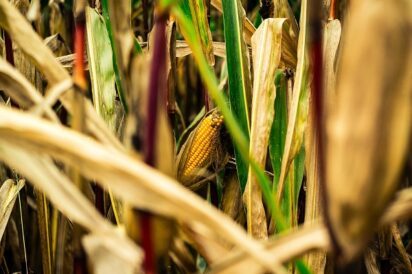Acrylates from 2nd generation sugars: a powerful combination of fermentation, catalysis, and CO2 recycling
AC2GEN focusses on cost-effective production of second-generation acrylates with maximal CO2 abatement. It ingeniously combines acetogenic fermentation, CO2 sourced building blocks and catalytic conversion to acrylates, which will allow the production of fully renewable industrial monomers with 100% carbon efficiency.
Acrylic acid and its alkyl esters are one of the most versatile monomers in the chemical industry and are widely used for the production of high-performance products such as coatings, paints, adhesives, resins, detergents, fibres, superabsorbent polymers, and dispersants. Currently, almost all acrylic acid is produced from petroleum-based propylene with a very large CO2 footprint. In the AC2GEN project, we aim for a more sustainable route starting from renewable acetic acid and CO2-sourced C1 building blocks.
Low-cost 2G waste-based fermentation feedstocks (obtained in the Moonshot project FUCATIL) are used to generate a continuous acetic acid stream, serving as a renewable bulk platform intermediate. Here, an ingenious strategy involving acetogenic fermentation with CO2 recycling will be elaborated to maximize carbon efficiency. Furthermore, process intensification strategies, like simultaneous saccharification and fermentation, consolidated bioprocessing, and in situ product recovery, will further boost productivity. Starting from the acetic acid product stream, two cutting-edge chemo catalytical concepts will be investigated with the aim of coupling acetic acid to sustainable CO2-sourced C1 building blocks. Considering the threefold CO2 abatement targeted in AC2GEN, this ground-breaking strategy would result in a massive 6.4 tonnes of CO2 abated for every tonne of acrylates produced.

ACTIVITIES of the Bio Base Europe Pilot Plant
- Studying the potential of certain micro-organisms to convert 2G carbohydrate streams into acetic acid via screening of a range of potential acetic acid producing micro-organisms
- Developing and finetuning the fermentation process and the purification process via diverse process intensification strategies
- Project coordination
PARTNERS
- Bio Base Europe Pilot Plant, BE (Coordinator)
- Universiteit Antwerpen, BE
- KU Leuven, BE
- VITO, BE
SUPPORTED by




 webdesign
webdesign